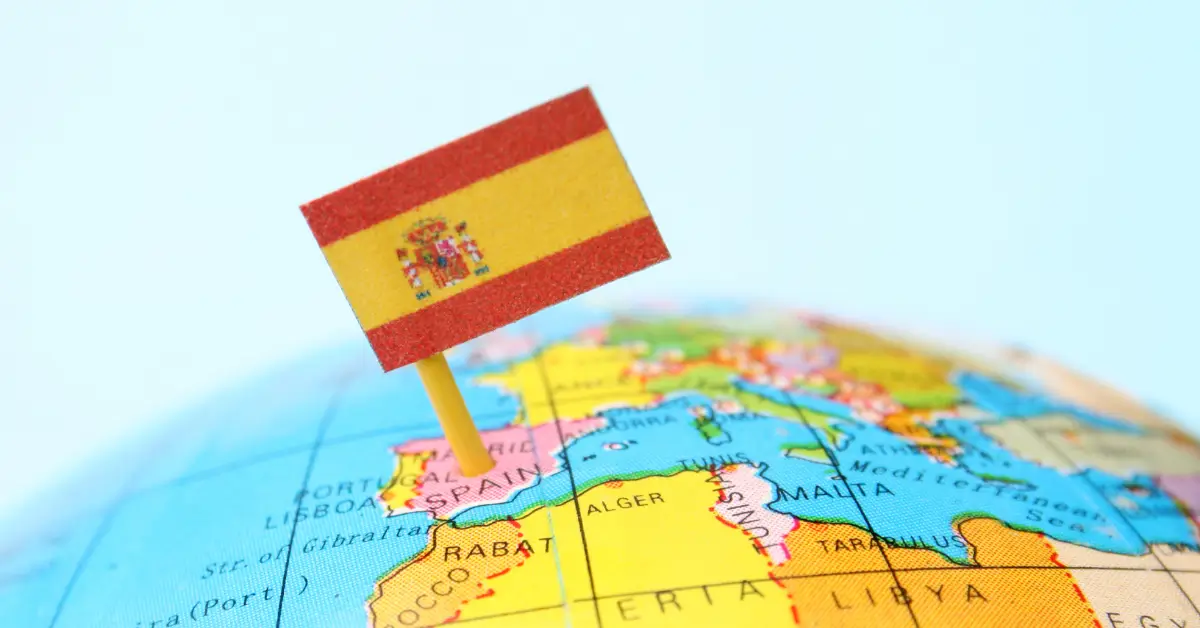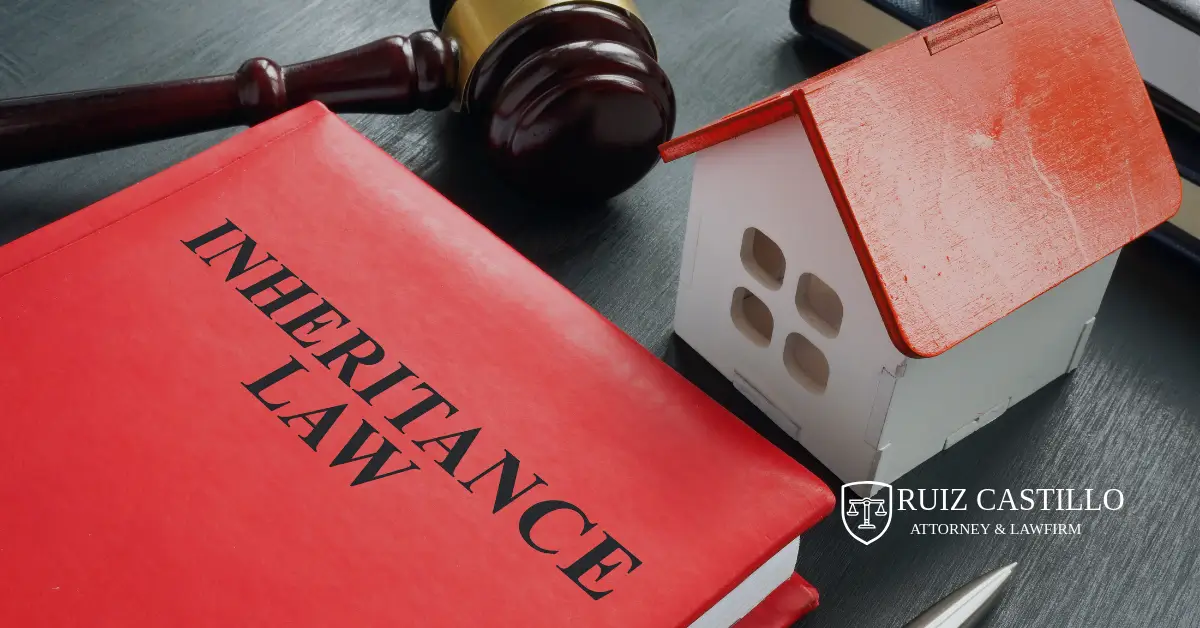
Navigating the legal landscape in Spain can be complex, especially for expats who are unfamiliar with the country’s unique legal framework. Whether you’re purchasing property, securing residency, or handling a legal dispute, understanding how the Spanish legal system works is crucial for managing daily life. This comprehensive guide provides an overview of the structure of […]
Happy clients
Experience
Masters degrees
Navigating the legal landscape in Spain can be complex, especially for expats who are unfamiliar with the country’s unique legal framework. Whether you’re purchasing property, securing residency, or handling a legal dispute, understanding how the Spanish legal system works is crucial for managing daily life. This comprehensive guide provides an overview of the structure of Spain’s legal system, common legal procedures expats may encounter, and critical aspects of both civil and criminal law.
Spain is a decentralized unitary state, a structure established by the Spanish Constitution of 1978, which grants significant autonomy to its 17 autonomous communities. Each region has the authority to legislate in certain areas, such as education, health care, and housing. For expats, it’s essential to recognize that laws can vary significantly between regions. This means that legal matters, such as property purchases or business regulations, may be governed by both national laws and the specific regional regulations of the area where you reside.
For instance, housing laws and taxes in Catalonia may differ from those in Andalusia or Madrid. Understanding both the national and regional legal frameworks will help ensure that you are compliant with the laws that affect your daily life.
Read my in-depth comprehensive guide to Spanish laws for expats.
Spain’s legal framework is based on a civil law system, which means that legal rules are codified into statutes. This system operates under key codes such as the Civil Code (Código Civil) and the Criminal Code (Código Penal). Understanding the distinction between civil and criminal law can help expats navigate potential legal issues more effectively:
Knowing which legal code applies to your case will help you determine the appropriate legal actions to take and which court you may need to approach.
For many expats, buying property is one of the most common legal procedures they will encounter in Spain. The process typically begins with signing a preliminary contract, such as a contrato de arras or a private purchase contract (contrato privado de compraventa). The type of contract depends on the agreement between the buyer and the seller. It’s crucial to understand that a NIE (Número de Identidad de Extranjero) is required for any financial transaction in Spain, including property purchases.
Another important aspect of the process is registering the property with the Land Registry (Registro de la Propiedad), which confirms legal ownership. This step ensures that the property is properly documented and prevents future disputes over ownership.
Given the complexity of Spanish property laws, having legal assistance is essential to ensure that your rights are protected throughout the transaction. If you are planning to buy property in Spain, I, José María Ruiz Castillo, can provide the expert guidance you need to navigate the process smoothly.
Read my in-depth article about key Spanish laws every expat should know.
For expats looking to settle in Spain, immigration and residency matters are key legal concerns. These processes are overseen by the Ministry of the Interior (Ministerio del Interior). Whether you’re applying for a work visa, securing a residency permit, or renewing your NIE, it’s important to follow the proper legal procedures.
Expats from the EU/EEA will find the process straightforward, as they are only required to register with local authorities. However, for non-EU citizens, obtaining a visa and residency permit can be more complex. Each type of visa, such as a non-lucrative visa, has its own specific requirements.
Navigating these procedures can be overwhelming, but with the right legal assistance, you can ensure that your immigration paperwork is correctly filed and processed. Contact me, José María Ruiz Castillo, for personalized legal support in managing your residency applications.
One of the essential considerations for expats in Spain is accessing the Spanish healthcare system. Spain has a universal healthcare system, but to benefit from it, expats must register with the Social Security System (Seguridad Social) and apply for a health card (tarjeta sanitaria).
In order to qualify for public healthcare, expats usually need to demonstrate that they are contributing to social security, either through employment or self-employment. EU citizens who hold a European Health Insurance Card (EHIC) may also use this card to access healthcare for short-term stays. Non-EU expats may need to obtain private health insurance if they do not qualify for public healthcare.
Understanding the legal requirements and documentation needed to access healthcare can be challenging, particularly for newcomers. If you need help registering for healthcare or navigating the legal aspects of Spain’s healthcare system, I can provide expert advice to ensure that all your legal requirements are met.
While some expats may never need to interact with the Spanish court system, others may find themselves in situations where they need to file a lawsuit or legal claim. Spain has a multi-tiered court system, each handling specific types of cases depending on the matter’s severity and nature:
If you find yourself needing to file a legal claim, it’s crucial to understand which court has jurisdiction over your case. Court proceedings can be complex, involving document submissions, hearings, and possible appeals. Having legal representation ensures that your case is handled properly and that your rights are protected throughout the process. If you’re considering filing a lawsuit or legal claim, contact me for expert legal advice and representation in the Spanish courts.
Understanding the Spanish legal system is essential for expats living in Spain, whether you’re buying property, applying for residency, or filing a legal claim. Spain’s decentralized legal structure and the complexity of civil and criminal law require careful navigation, especially for those unfamiliar with the system. For any legal support you need—whether it’s handling a property purchase, managing immigration procedures, or filing lawsuits—I, José María Ruiz Castillo, am here to provide the expert assistance you need. Contact me today to ensure your legal matters in Spain are handled with professionalism and care.







